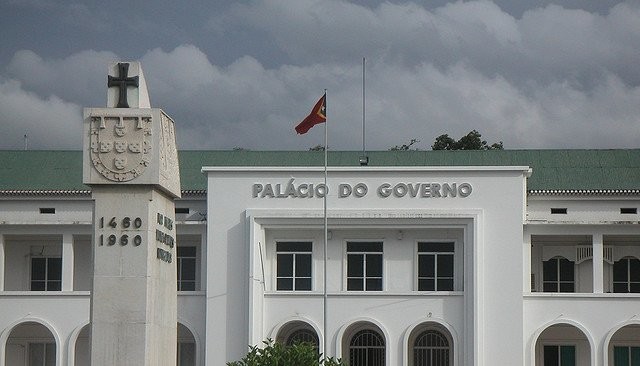moulddni0.com – Timor-Leste, officially known as the Democratic Republic of Timor-Leste, is a Southeast Asian country that gained independence from Indonesia in 2002 after a long and arduous struggle. Its journey from a war-torn territory to a sovereign nation has been marked by significant political and governmental developments, reflecting the country’s commitment to democracy and stability.
Historical Background
The history of Timor-Leste is deeply intertwined with its political evolution. The country was colonized by Portugal in the 16th century and remained under Portuguese rule until 1975. Following a brief period of independence, Indonesia invaded and occupied Timor-Leste until 1999. A United Nations-sponsored referendum in 1999 led to the overwhelming choice for independence, and Timor-Leste officially became a sovereign nation in 2002.
Constitution and Government Structure
The Constitution of Timor-Leste, adopted in 2002, establishes the country as a democratic republic with a semi-presidential system of government. The Constitution outlines the separation of powers among the executive, legislative, and judicial branches, ensuring checks and balances within the government.
Executive Branch
The President of Timor-Leste is the head of state, elected by popular vote for a five-year term. The President has largely ceremonial duties but plays a significant role in the political life of the country, including the appointment of the Prime Minister. The Prime Minister, who is the head of government, is responsible for forming the government and is elected by the National Parliament.
Legislative Branch
The National Parliament (Parlamento Nacional) is the legislative body of Timor-Leste, consisting of 65 members elected through a proportional representation system for a five-year term. The Parliament is responsible for enacting laws, approving the national budget, and overseeing the executive branch.
Judicial Branch
The judicial system of Timor-Leste is based on Portuguese law and is headed by the Supreme Court. The judiciary is independent and is responsible for interpreting the law and ensuring justice. The Supreme Court is composed of judges appointed by the President, in consultation with the National Council of Judiciary.
Political Parties and Elections
Timor-Leste has a multi-party system, with several political parties competing in national elections. The two major parties are the Revolutionary Front for an Independent East Timor (FRETILIN) and the National Congress for Timorese Reconstruction (CNRT). Elections in Timor-Leste are conducted regularly and are generally considered free and fair, reflecting the country’s commitment to democratic principles.
Challenges and Future Directions
Despite its progress, Timor-Leste faces several challenges, including political instability, economic development, and social inequality. The government continues to work towards strengthening democratic institutions, improving governance, and addressing the needs of its population. International support, particularly from the United Nations and other international organizations, remains crucial for Timor-Leste’s development and stability.
Conclusion
The political and governmental landscape of Timor-Leste is a testament to the country’s resilience and determination to build a democratic and stable nation. With continued efforts to address its challenges, Timor-Leste is poised to further consolidate its democratic gains and ensure a prosperous future for its people.
